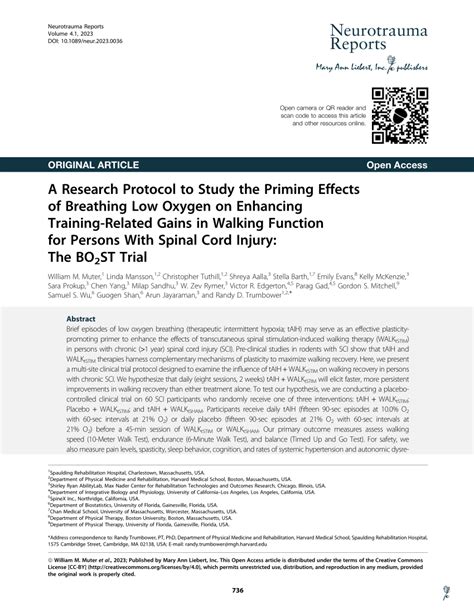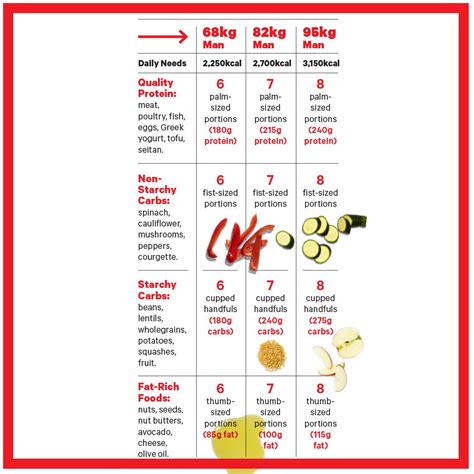Optimize recovery for faster gains & injury prevention in men: how?

For men striving for peak physical performance, consistent muscle gains, and a long, injury-free training career, the work doesn’t stop when you leave the gym. In fact, what happens *after* your workout is arguably just as critical as the training itself. Optimized recovery is the secret weapon that many overlook, directly impacting your ability to adapt, grow stronger, and prevent setbacks. This guide will reveal the essential pillars of recovery tailored for men, ensuring you maximize every effort.

The Foundation: Sleep is Non-Negotiable
Sleep is where the magic truly happens. During deep sleep cycles, your body produces the majority of its growth hormone (GH), a crucial anabolic hormone essential for muscle repair, growth, and fat loss. Insufficient sleep (less than 7-9 hours for most active men) elevates cortisol levels, a catabolic hormone that breaks down muscle tissue and can hinder recovery. Prioritizing consistent, high-quality sleep not only accelerates physical recovery but also sharpens mental focus and energy levels for subsequent training sessions.
Fueling Recovery: Nutrition for Growth and Repair
What you eat after and between workouts directly dictates how quickly and effectively your muscles repair and rebuild. Protein is paramount; aim for 1.6-2.2 grams per kilogram of body weight daily, distributed across meals, to provide the amino acids necessary for muscle protein synthesis. Carbohydrates are equally vital for replenishing glycogen stores, your primary energy source, which are depleted during intense exercise. Don’t neglect healthy fats, which support hormone production and reduce inflammation.

Hydration: More Than Just Thirst Quenching
Water plays an underestimated yet critical role in recovery. It transports nutrients to cells, removes waste products, lubricates joints, and maintains proper electrolyte balance. Dehydration can impair performance, slow recovery, and increase the risk of cramps and injury. Aim to drink plenty of water throughout the day, especially before, during, and after workouts. Electrolyte-rich beverages can be beneficial after prolonged or intense exercise.

Active Recovery & Mobility: Moving Towards Repair
While rest is important, complete inactivity isn’t always the best approach. Active recovery, such as light cardio (walking, cycling), stretching, foam rolling, and mobility drills, promotes blood flow, which helps deliver nutrients and remove metabolic waste products from sore muscles. This can reduce muscle soreness (DOMS), improve flexibility, and enhance range of motion, all contributing to better performance and reduced injury risk over time. Integrate short sessions on off days or after intense workouts.

Stress Management: The Unseen Recovery Killer
Chronic stress, whether from work, relationships, or even overtraining, significantly impacts your body’s ability to recover. Elevated cortisol due to stress can negate the anabolic benefits of your training, impair sleep quality, and even lead to increased fat storage. Incorporating stress-reducing practices like meditation, deep breathing exercises, spending time in nature, or engaging in hobbies can dramatically improve your body’s recovery capacity and overall well-being.

Smart Supplementation (Optional but Helpful)
While supplements are not a substitute for solid nutrition and recovery practices, some can offer a helpful edge. Creatine monohydrate is widely researched and proven to enhance strength and power output. BCAAs (Branched-Chain Amino Acids) or essential amino acids can aid muscle protein synthesis, especially around training. Magnesium can help with sleep quality and muscle function. Always research supplements thoroughly and consider consulting a healthcare professional.
Optimizing recovery isn’t a single action but a holistic lifestyle approach. By consistently prioritizing quality sleep, targeted nutrition, adequate hydration, active recovery, and effective stress management, men can unlock faster gains, significantly reduce injury risk, and sustain high levels of performance for the long haul. Make recovery a cornerstone of your fitness regimen, and watch your progress accelerate.









